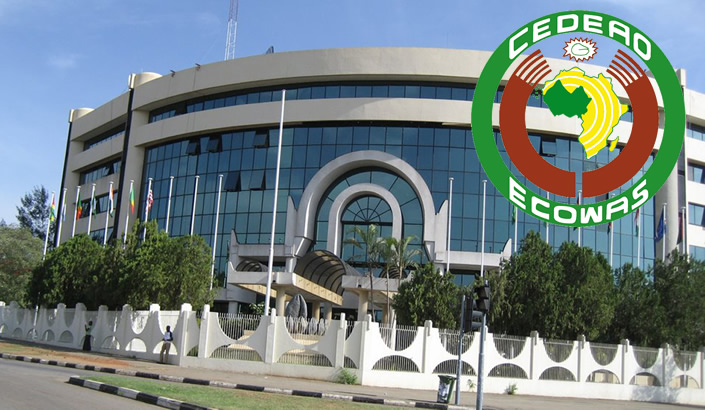
The ECOWAS Authority of Heads of State and Government led by President Bola Tinubu had on August 8 imposed sanctions on the country following the junta’s failure to reinstate the ousted President, Mohamed Bazoum.
Displeased with the sanctions, the Niger junta approached the court arguing that the sanctions have caused adverse effects on the Nigerien people, including a shortage of food, medicine, and electricity, due to the closure of borders and cut off of electricity supply by Nigeria.
The junta asked the court to compel the Authority of Heads of State and Government to immediately suspend the sanctions.
Delivering judgment on the case, Justice Edward Asante held that he has no prima facie jurisdiction over the substantive application.
He added that the court could not grant the request for interim measures since the additional requirement for the case to be prima facie admissible had not been met.
“An entity resulting from an unconstitutional change of government, and not acknowledged by ECOWAS as a government of a member state, cannot inherently initiate a case before the court to obtain benefits or reprieve.
“Consequently, the substantive suit and the request for interim measures presented in the name of Niger, by an unconstitutional and unrecognised governmental authority, were prima facie inadmissible.
“Having concluded that the substantive application before the court was prima facie inadmissible, the court held that the request for interim measures could not be granted. It accordingly dismissed it ” he held.
Concerning the seven non-state applicants suing alongside the Republic of Niger, the court held that they failed to provide specific details regarding the nature and extent of the harm suffered by each of them from the measures imposed on Niger.
He said, “This lack of specificity made it challenging to differentiate their legal interests in this case from those of the Republic of Niger.
“Given these circumstances, the application is prima facie inadmissible relative to the non-state Applicants as per the provisions of Articles 9(2) and 10(c) of the Protocol of the Court.




